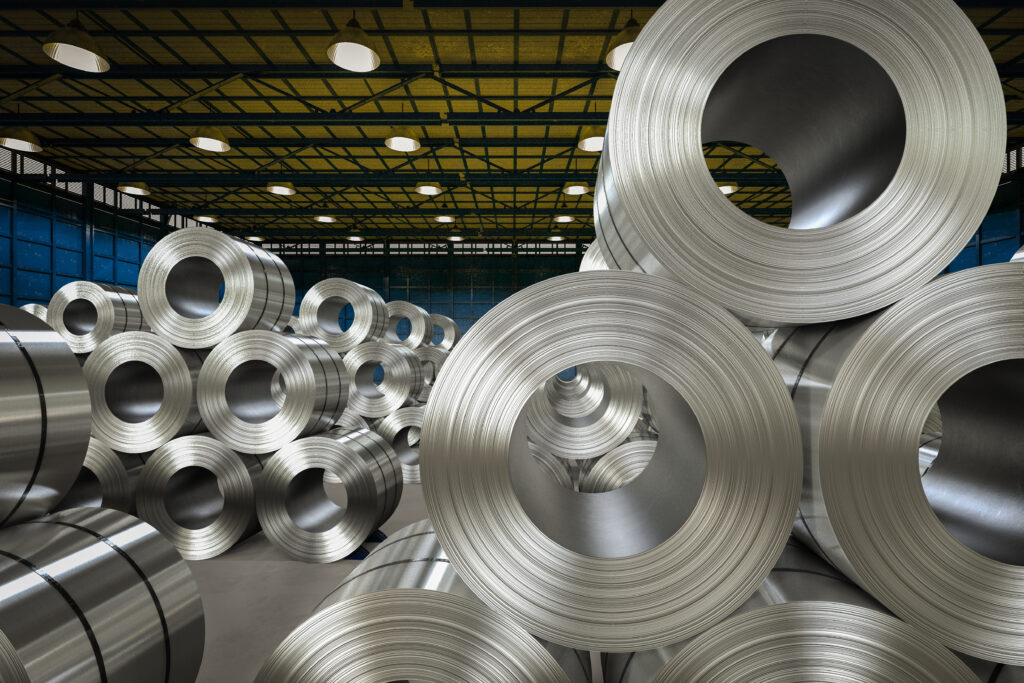In the dynamic landscape of the industrial sector, choosing the right metal supplier is a crucial decision that can significantly impact the success of your projects. The US boasts a plethora of options for metal suppliers, making the decision-making process both exciting and challenging. This blog aims to serve as an informative guide for decision-makers navigating the complex terrain of selecting a metal supplier.
Step 1: Define Your Needs
Before delving into the selection process, it is imperative to clearly define your metal sheet requirements. Understanding factors such as the type, size, and thickness of metal sheets needed for your project lays the foundation for a successful partnership with a supplier. This initial step is crucial in streamlining the subsequent decision-making process.
Step 2: Research Industrial Steel Suppliers
Embark on the journey of finding the right supplier by conducting thorough research. Online searches, recommendations from industry peers, and referrals are invaluable resources during this phase. Assess the credibility and reputation of potential suppliers, considering key factors such as experience, reliability, and the range of services offered.
Step 3: Check for Quality and Compliance
Quality is paramount when it comes to metal sheets for industrial applications. Ensure that prospective suppliers adhere to industry standards and hold certifications such as ASTM, ISO, and others. This step guarantees that the materials supplied meet the necessary criteria for your specific project, reducing the risk of complications down the line.
Step 4: Evaluate Pricing and Cost
While cost is a crucial factor, it should not compromise the quality of the materials. Striking the right balance between quality and cost is essential. Obtain multiple quotes from different suppliers and exercise caution when encountering overly cheap deals, as they may signify subpar quality or hidden costs that could surface later.
Step 5: Customer Support and Service
The level of customer support and service offered by a metal supplier can make a significant difference in the success of your projects. Responsive and supportive suppliers can address concerns promptly, ensuring a smooth collaboration. Reach out to potential suppliers to gauge their responsiveness and willingness to assist.
Step 6: Location and Delivery
Geographical location plays a pivotal role in determining delivery times and costs. If prompt delivery is crucial for your project, consider selecting a local supplier to minimize potential delays. Factor in transportation costs and logistics when making this decision to optimize both time and resources.
Step 7: Customization of Materials
Consider prioritizing suppliers who offer tailored material ordering to exact specifications. This flexibility enables you to procure materials precisely suited to your project requirements, mitigating the risk of delays due to shortages. By aligning with suppliers capable of accommodating specific needs promptly, you enhance the efficiency and timeliness of project execution.
Step 8: Sustainability and Environment
With the growing emphasis on sustainable practices, consider a supplier’s commitment to environmentally responsible processes. Sustainable suppliers align with modern values and contribute to a positive environmental impact. Make an informed choice by supporting suppliers who share your commitment to responsible and eco-friendly practices.
In conclusion, choosing the right metal supplier is a multifaceted process that demands careful consideration of various factors.
As you embark on the journey of selecting a metal supplier, take your time to make an informed choice. The right decision can have a profound impact on the success of your projects, leading to a thriving industrial partnership.
Pacesetter, with its commitment to quality, reliability, and customer satisfaction, offers the potential for a fruitful collaboration and stands out as a suitable option for those seeking a reliable partner for their industrial needs.




